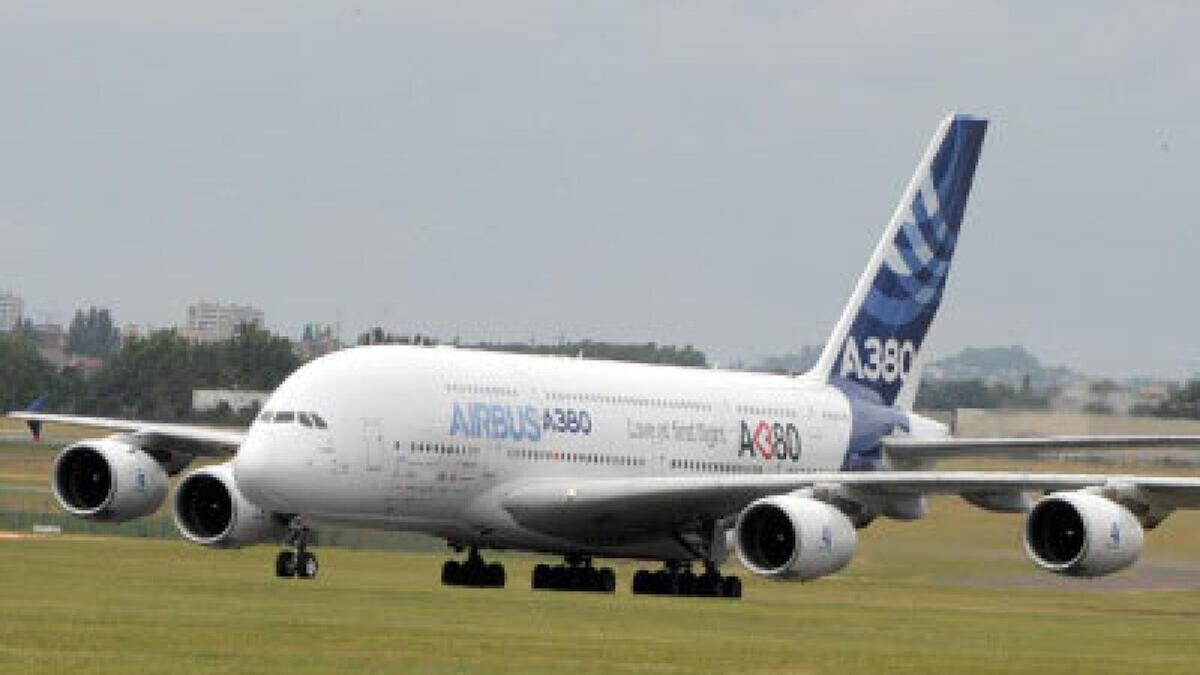The United States government has asked major telecom operators AT&T and Verizon to postpone the ongoing rollout of their 5G networks for up to two weeks due to potential interference with crucial flight safety equipment.
Originally scheduled for December 5, the high-speed mobile broadband technology launch was rescheduled to January 5 after aerospace giants Airbus and Boeing raised concerns about potential interference with altitude-measuring devices on planes.
In a letter sent to AT&T and Verizon, US Transportation Secretary Pete Buttigieg and Federal Aviation Administration head Steve Dickson requested the companies to delay the commercial C-Band service deployment for no more than two weeks beyond the currently scheduled date of January 5.
Both telecom operators are reviewing the government’s request, as they aim to ensure that 5G service can proceed as planned in January with certain exceptions around priority airports. Verizon and AT&T were granted licenses worth tens of billions of dollars to start using 3.7-3.8 GHz frequency bands as of December 5.
Concerns about interference between 5G networks and aircraft equipment have led France’s civil aviation authority to recommend switching off mobile phones with 5G on planes. They stated that interference from a signal on a nearby frequency to the radio altimeter could cause “critical” errors during landing. This comes after Airbus and Boeing raised similar concerns in the US.
The US government’s main focus is to protect flight safety while ensuring that 5G deployment and aviation operations can coexist. With the FCC managing the issue in the US, the FAA’s investigation is ongoing as they continue to gather more information about the potential risk of interference.

I have over 10 years of experience in the field of cryptocurrency and blockchain technology. I have attended numerous conferences and events around the world, and my work has been featured in major publications such as CoinDesk, Bitcoin Magazine, and Yahoo Finance.

